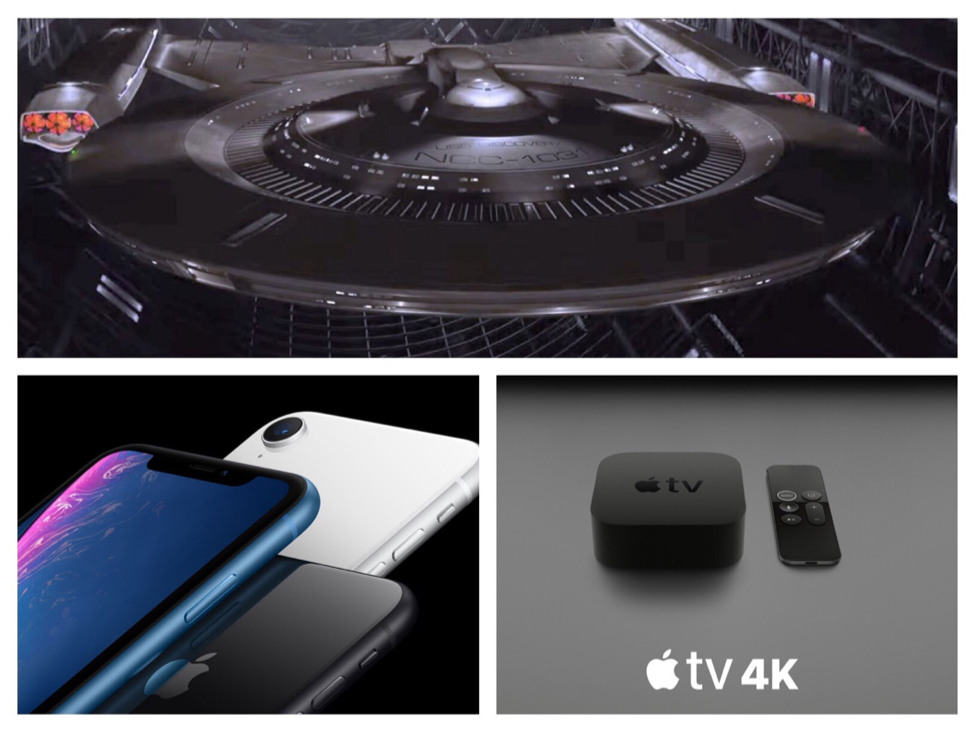I thought this might be a good time to resurrect an article I wrote last year rebutting Neil Cybart’s argument that Apple shouldn’t buy Netflix. I fleshed out the basic premise that media services support hardware remains.
The Sixty-Billion-Dollar Question
To me the question isn’t whether Netflix makes sense for Apple. The real question is whether Netflix is worth $60 billion. Netflix brings a host of benefits, but do they outweigh the cost?
I deal with corporate vice presidents all the time who are asking me to consider a huge investment in order to attack some new product niche. Before I do a lot of analysis, I find it’s often helpful to provide them with a quick break-even point that illustrates the volume required to make their idea work. A lot of the time this will kill any further discussions when he or she realizes that the cost outweighs the benefit.
If I was a finance guy at Apple advising on the Netflix purchase, I’d tell them what I always say. I can’t make that decision for you, but I can tell you what the breakeven point is. It’s up to you marketing and sales guys to decide if that’s a reasonable goal to surpass.
The Breakeven Point
Even if Apple were to pay cash for Netflix, which they easily could, they aren’t going to report it on their income statement all at once. It would be amortized over many years. Just like when you are mulling over whether you can afford a house. You don’t divide the full cost of the house by twelve to come up with your monthly payment. Sometimes large capital purchases aren’t so daunting when you look at the annual numbers on paper.
My rationale involves making Netflix exclusive to iOS. So when I did my cost model, I assumed that Netflix revenue will implode and that they will lose 50% of their subscribers. But the financial case behind increasing hardware sales is so strong that Netflix revenue could plummet to zero and it wouldn’t change the numbers too much. I also assumed that they wouldn’t get any cost synergies from an Apple purchase and left their COGS and SG&A at full amounts.
The bottom line is that Apple would need a 13.4% increase in iPhone unit sales to break even. At any less, it doesn’t make financial sense. This would be equivalent to about a 2.7-point increase in global market share.
And with Apple going the cheaper route and creating their own media content, the argument to give away media for free to boost iPhone sales is even more compelling. The breakeven point for such a proposition is much lower than if they’d spent $60+ billion for Netflix.
It’s very difficult to get people to switch platforms once they’ve settled in. Intelligent assistance, augmented reality, or camera features can all be copied from one manufacturer to another—albeit to different degrees but at least to a “good enough” level. One thing that can’t be copied is media.
I’ve been saying for years there is no more powerful agent when it comes to getting people to switch platforms than creative media. I subscribed to CBS All Access simply for one show, the excellent new Star Trek Discovery. If Apple were to offer high quality media as a perk that can only be attained only on iPhones, it would be strong enough to move the needle in terms of global market share.
People hate to spend $9.99 for media. Imagine that you can buy an iPhone and get some for free! You might even factor that in the upfront cost by thinking “Hmm, this iPhone costs $1,000 but cancelling one of my streaming services would save me $120/yr”. Over two years is it really a $1,000 phone or a $760 phone?
And it doesn’t take that many consumers switching to iPhone for the return on investment to pay for the cost of that media investment. And it’s not just iPhone hardware that reaps the benefits. An uptick in iPhone hardware sales leads to greater sales in Apple Watches, Airpods, etc. Later, when the rush of conversions has slowed down, Apple could open it up to the rest of world like Apple Music. But, if the conversion rate stays high, that could be a few years down the road.
Yes, Jason Snell is right that media streaming revenue would be more important than Apple TV revenue. But the real money is in the iPhone.



 RSS Feed
RSS Feed